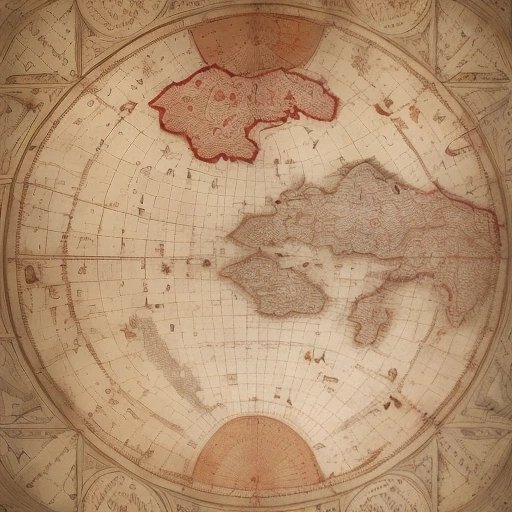In a shocking turn of events, experts have revealed that the Greek city of Piraeus is actually the Israeli city of Haifa. This discovery has left citizens around the world bewildered and confused. How could such a mix-up occur? And more importantly, how did no one notice sooner?
According to the experts, the confusion arose due to a mistranslation of an ancient map. The map in question, which dates back over 2,000 years, was found in a dusty old attic in Greece. It was believed to be a copy of an even older map, one that was drawn by the famous Greek cartographer Ptolemy.
The map showed the location of an ancient port city, which was identified as Piraeus by the experts who discovered it. However, further analysis of the map revealed that it was actually pointing to a different location entirely – the city of Haifa.
The mistake is believed to have occurred due to a mistranslation of the ancient Greek alphabet. The word for "Piraeus" and "Haifa" bear a striking resemblance in the Greek alphabet, which caused confusion for the translators.
The news of this discovery has rocked the international community, with many people struggling to come to terms with the fact that one of Greece's most iconic cities is actually located in Israel. The Greek government has yet to release a statement on the matter, but sources say they are currently in shock and are not sure how to proceed.
Meanwhile, Israeli officials have been quick to embrace their newfound city. The mayor of Haifa, Einat Kalisch-Rotem, released a statement saying, "We are thrilled to have Piraeus as part of our city. We welcome our Greek brothers and sisters with open arms and look forward to the cultural exchange that this discovery brings."
As for the residents of both cities, they are still processing the news. Many Greeks are struggling to imagine their beloved Piraeus as anything other than Greek, while Israelis are excited about the prospect of exploring a new part of their country.
The confusion caused by this mistake serves as a reminder of the importance of accurate translation and interpretation. It also highlights the fact that history is constantly evolving, and our understanding of it can change in unexpected ways.
So, hold onto your hats, folks. Who knows what other surprises the world has in store for us? One thing is for sure, though: be careful where you read your old maps from now on.
